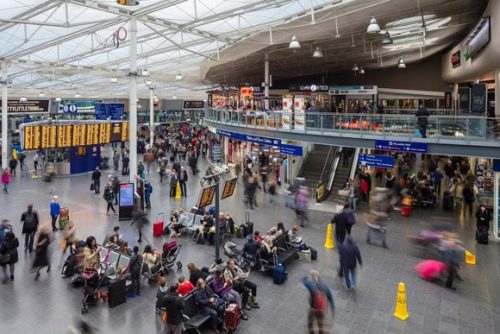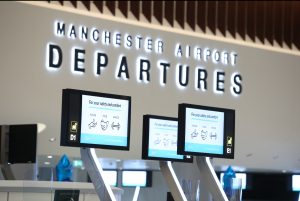Passengers were failed by Government, operators and Network Rail in timetable fiasco

Train passengers in the North West were failed by the train companies, regulators and the Government when services collapsed in May.
The fiasco was triggered by the introduction of a new timetable which led to months of chaos across the system.
An investigation by the Office of Road and Rail found that Network Rail, Govia Thameslink Railway (GTR), Northern, the Department for Transport and the ORR itself all made mistakes.
As a result the biggest review of rail services in the UK since privatisation is to be launched.
The review will look at all parts of the sector including accountability, the franchising system and value for money for passengers and taxpayers.
The interim report said there was a “lack of clarity about roles and responsibilities”.
It added: “The present industry arrangements do not support clarity of decision making: it was unclear who was responsible for what. Nobody took charge.”
The May timetable changes was supposed to deliver major benefits to passengers as a result of major upgrades to the network but instead led to months of chaos.
Northern cancelled up to 310 scheduled trains each day during the disruption which lasted for weeks.
The ORR said: “The impact of this experience has had a significant financial and emotional cost to those passengers affected, directly impacting upon their work and families and in some circumstances their personal safety.”
Failures included
• Network Rail’s unit responsible for producing timetables did not have a sufficient method of working to manage the scale of changes required;
• Delays with Network Rail’s electrification work in the North;
• GTR and Northern were not “properly aware or prepared” for the problems with the new timetables and did not do enough to provide accurate information to passengers when disruption occurred;
• The DfT and ORR failed to sufficiently examine the assurances they received from the industry about the risk of disruption.
ORR chairman Professor Stephen Glaister, who led the inquiry, said: “Good intentions and over-optimism within the rail industry about its ability to recover missed deadlines left no time to uncover and fix problems.
“When problems arose, timetable planners were stretched and train operators were ill-equipped to help passengers.”








